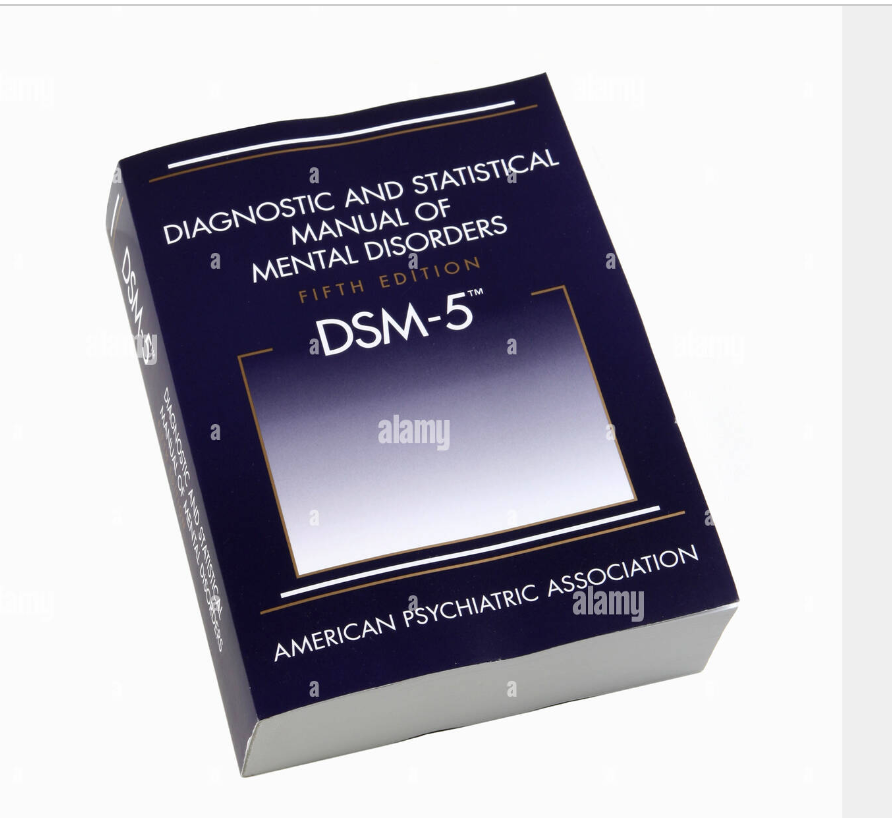ABSTRACT ~ Objective: Off-label use of prazosin for posttraumatic stress disorder-related sleep disturbances (PTSD-SD) is widespread in Veterans Health Administration (VA) settings, but clinical trials have had mixed results. Trial criteria may exclude significant sub-groups, and therefore a 2018 study may not provide the final evidence of prazo- sin efficacy for PTSD-SD. This study analyzed correlates of prazosin use in Vietnam era (VNE) and Operations Enduring Freedom/Iraqi Freedom (OEF/OIF) cohorts to illustrate patterns of usage in this heterogeneous population. Method: Data extracted on patients with PTSD-SD prescribed prazosin in 2015 described the proportion of days covered (PDC) • 80% and daily dose • 6 mg (therapeutic target dose) over the next 12 months. Results: Both VNE (n = 41,365) and OEF/OIF (n = 62,984) cohorts had high rates of comorbidity (N = 104,349; 46% hypertension, 22% alcohol use disorder, 14% drug use disorder). Adherence and dosing were low: 19% of veterans achieved PDC • 80%; 7% achieved • 6mg/day (average 2.6 mg/day). In covariate-adjusted models, VNE veterans had better adherence, VNE women had lower rates of therapeutic dosing, and minority race/ethnicity was a strong risk factor for non-adherence. PDC correlated inversely with alcohol/drug disorders. Conclusion: Prazosin is prescribed for PTSD-SD to a diverse clinical population with multiple comorbidities and concurrent medications and is characterized by poor adherence and sub-optimal dosing. Future work should clarify the efficacy of prazosin for subgroups of veterans with PTSD-SD, notably women and racial/ethnic minorities. Psychopharmacology Bulletin. 2020;50(2):26–35.
Demographic Variation in the Use of Prazosin for Treatment of Sleep Disturbance in Combat Veterans with PTSD
By James La Rossa|2020-06-04T10:47:07-07:00June 4th, 2020|Brief Bulletins from the Field, We Know Psychiatry|0 Comments
About the Author: James La Rossa
Related Posts
This site uses Akismet to reduce spam. Learn how your comment data is processed.





Leave A Comment